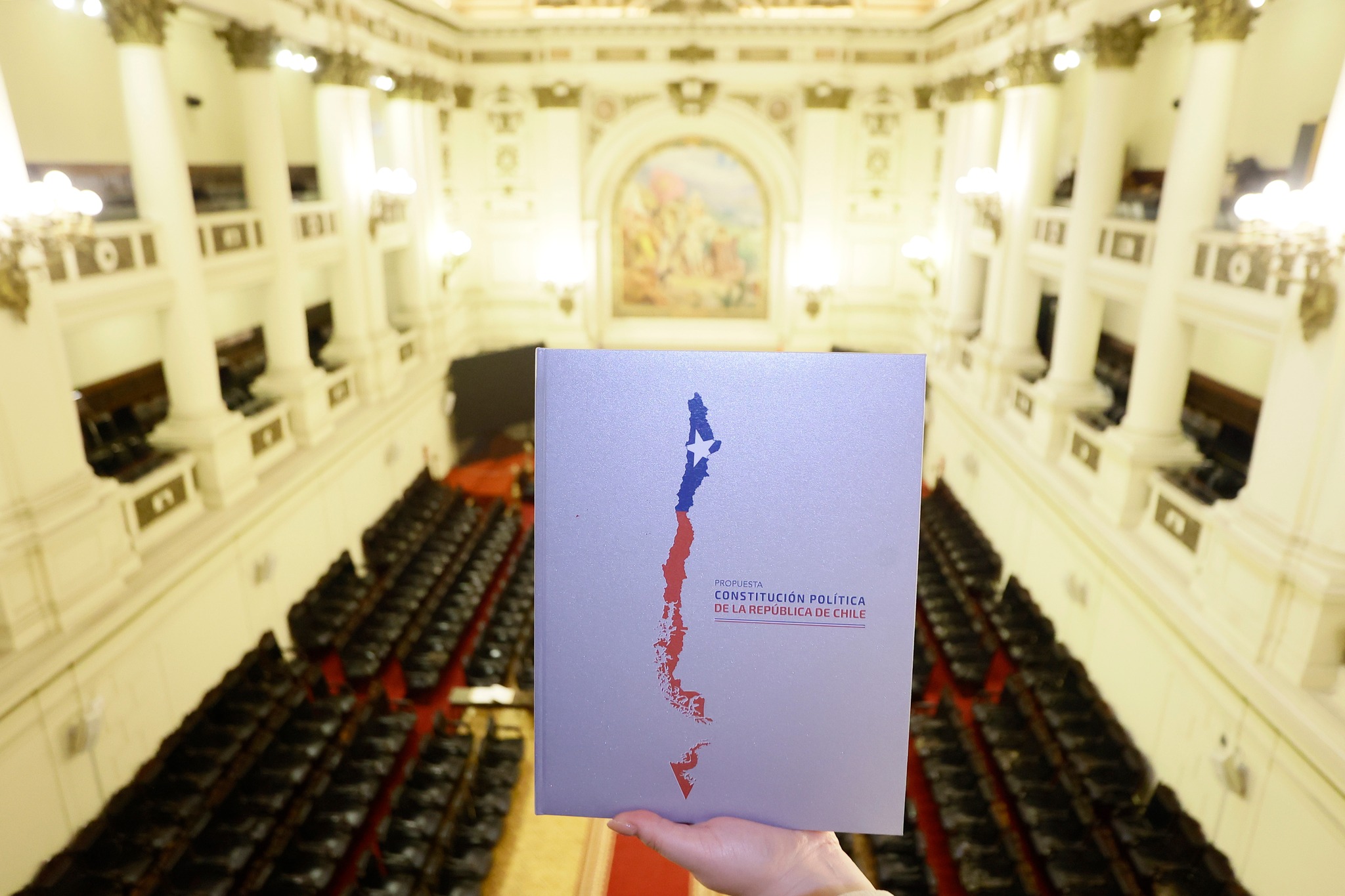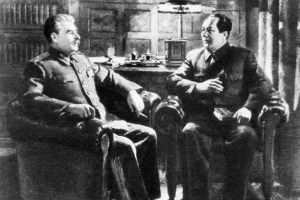
Published 15/12/2023 14:13
For decades, Chile has been discussing the need to replace the 1980 Constitution, approved during the government of dictator Augusto Pinochet (1973 – 1990). A new attempt to approve another constitutional text takes place on Sunday (17).
However, the wording of the text to be voted on in the plebiscite contains more conservative content than the current Magna Carta. The new proposal does not address the social demands that erupted in protests across the country in 2019 and led to the rise of left-wing president Gabriel Boric.
Research indicates, so far, that society should veto the change. According to the Cadem Institute, 46% were against the new Constitution project and 38% were in favor. But it is necessary to take into account that since the beginning of December, polls have been banned and support for yes may have grown.
Read too: Frustratingly, Chile’s new Constitution has a conservative draft
This could be the second rejection of change in two years in a row. In September 2022, a constitutional proposal was also submitted to a popular plebiscite. Written by a Constituent Assembly with a left-wing majority, the content contained advances in different areas that have been demanded by the population for decades – the content included guarantees of social (public health, education and social security) and environmental rights.
Despite the will of the population, which months earlier approved the need for a new Constitution by a margin of 80%, the final text when submitted for approval lost the broad support it had and was rejected by almost 62% of voters.
New/Old Proposal
The new constitutional proposal that goes to a plebiscite on Sunday is already old due to its content. This was written by a constituent assembly, elected in May this year, with a majority of ultra-right representatives, with 22 vacancies out of the 50 available. The extreme right joined together with 11 other elected representatives from the conventional right and formed a majority to dictate the direction of the new Charter proposal.
Its content, with 216 articles, reaffirms the liberal purpose of the economy with maintenance of the private sector in the conduct of health and education, in addition to offering even more autonomy to the Central Bank, that is, further highlighting the role of the market within society Chilean.
Read too: 50 years of the coup in Chile: how cinema portrayed Pinochet’s dictatorship
Furthermore, it constitutionalizes private managers as operators of pension funds (contrary to the left’s proposal for nationalization) and brings setbacks regarding the rules on immigration and abortion, speeding up the expulsion of immigrants and setting precedents that make abortion difficult, including for cases provided for by law.
The lack of a way out for Chileans with this plebiscite, in which they must respond for or against the changes, means maintaining the Constitution from the dictatorship era or intensifying it even further at various points in a scenario where greater public investments are needed to offer social security and for the economy to grow again.
Source: vermelho.org.br

